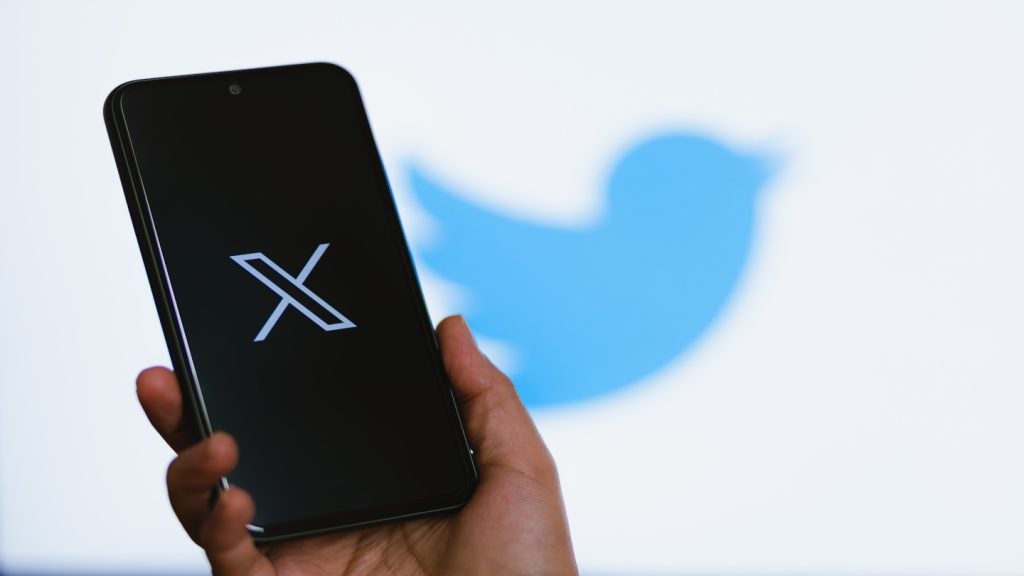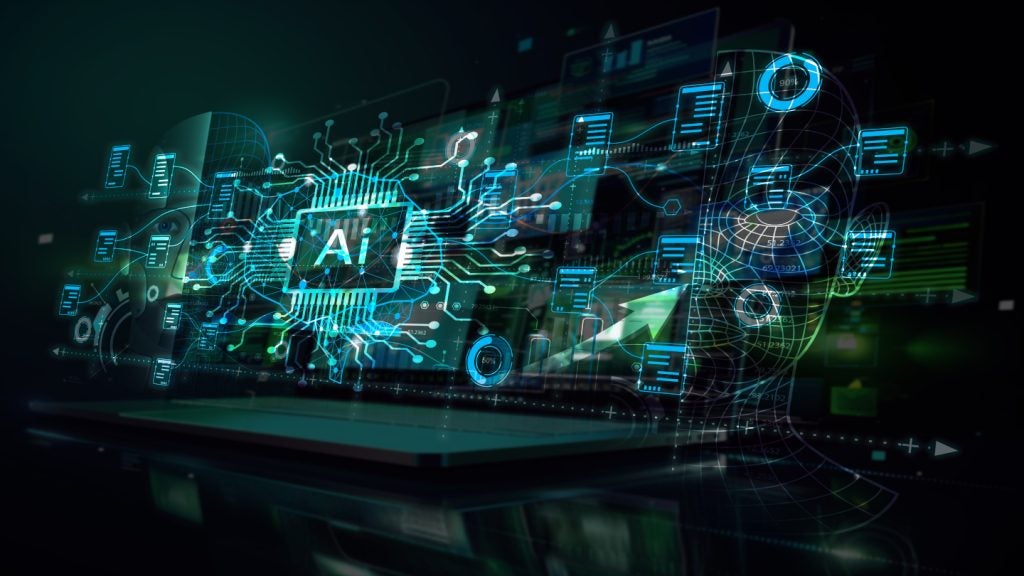After several run-ins between Telsa and its battery supplier Panasonic about production setbacks of the Model 3 electric vehicle (EV), the California-based carmaker is looking to develop its own batteries.
In 2014, Tesla and Panasonic agreed to build a large-scale facility in Nevada, known as the Gigafactory, devoted to the production of EV batteries for the Tesla models. A fruitful relationship arguably followed, with the Model 3 becoming a best-selling EV with 138,000 models sold worldwide in 2018.
Is it bye-bye Panasonic?
However, the pressure to become a mass-market EV maker may explain why Panasonic decided to end its investment in expanding production at the Nevada facilities. Instead, Panasonic said it preferred to work on improving production efficiency. Tesla saw this as stifling its plans to grow production in the short-term, prompting it to start developing batteries in-house.
Tesla needs to manage expectations
The pioneer EV manufacturer is focused on becoming a profitable mass-market car maker. CEO Elon Musk is determined to reduce the price point of the Model 3 to $35,000, but the company has so far failed in this goal.
Tesla demand in the US is expected to remain flat, partly due to the elimination of the federal tax subsidy for EV.
Although recent moves at Tesla will help the company align its production with its sales targets, Tesla will still need to rely on its partnership with Panasonic.
Tesla intends to reach one million unit sales, per year, by next year. This would imply a tripling of its annual sales figures. In 2019, unit sales are estimated to be 360,000-400,000.
It is therefore unlikely Elon Musk will be able to increase productivity in developing Tesla batteries and reduce production costs without compromising quality. Also, the company has been forced to take significant cost-cutting measures.
Tesla is hoping that by developing batteries in-house, the company will reduce its reliance on Panasonic, and Tesla is determined to use that in future negotiations to achieve lower prices.
Nonetheless, after the Osaka-based company struck a deal with fellow car maker Toyota to supply batteries for their new EV models, Tesla appears to need Panasonic more than the other way around.








